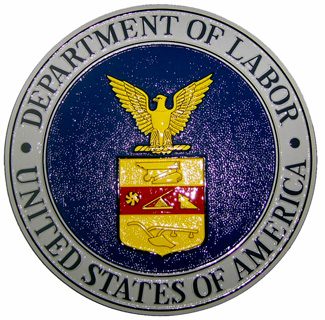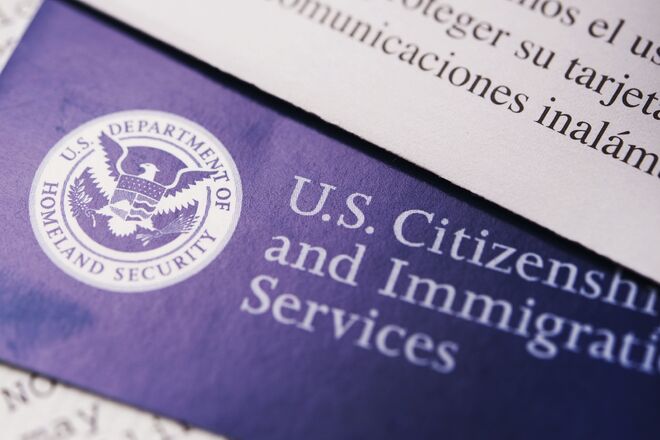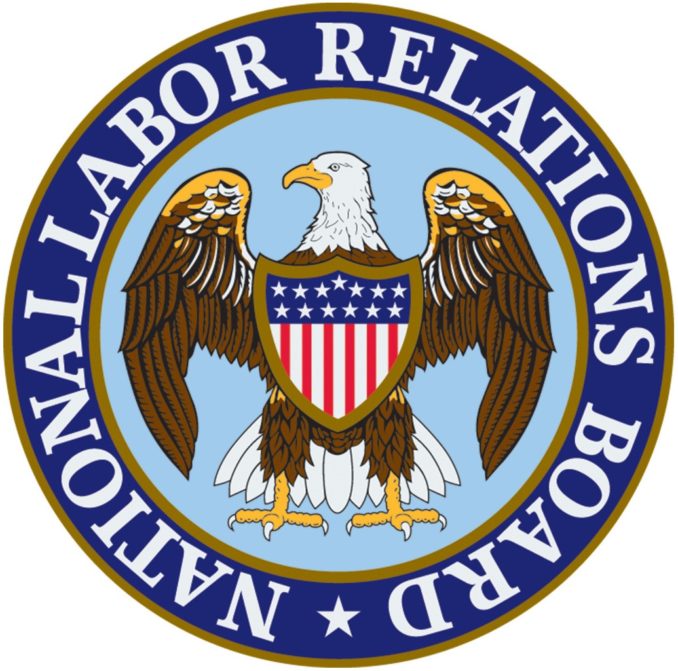
Today, the U.S. Department of Labor (DOL) published a Notice of Proposed Rulemaking (NPRM) proposing to rescind the 2024 independent contractor rule and reinstate—largely—the 2021 rule’s analytical framework for determining employee versus independent contractor status under the Fair Labor Standards Act (FLSA). The proposal would also expressly apply that framework to the Family and Medical Leave Act (FMLA) and the Migrant and Seasonal Agricultural Worker Protection Act (MSPA).
For HR leaders and employment counsel, this is not just another technical regulatory update. It represents a significant recalibration of the economic reality test—one that could materially affect classification strategy, litigation risk and workforce design.








